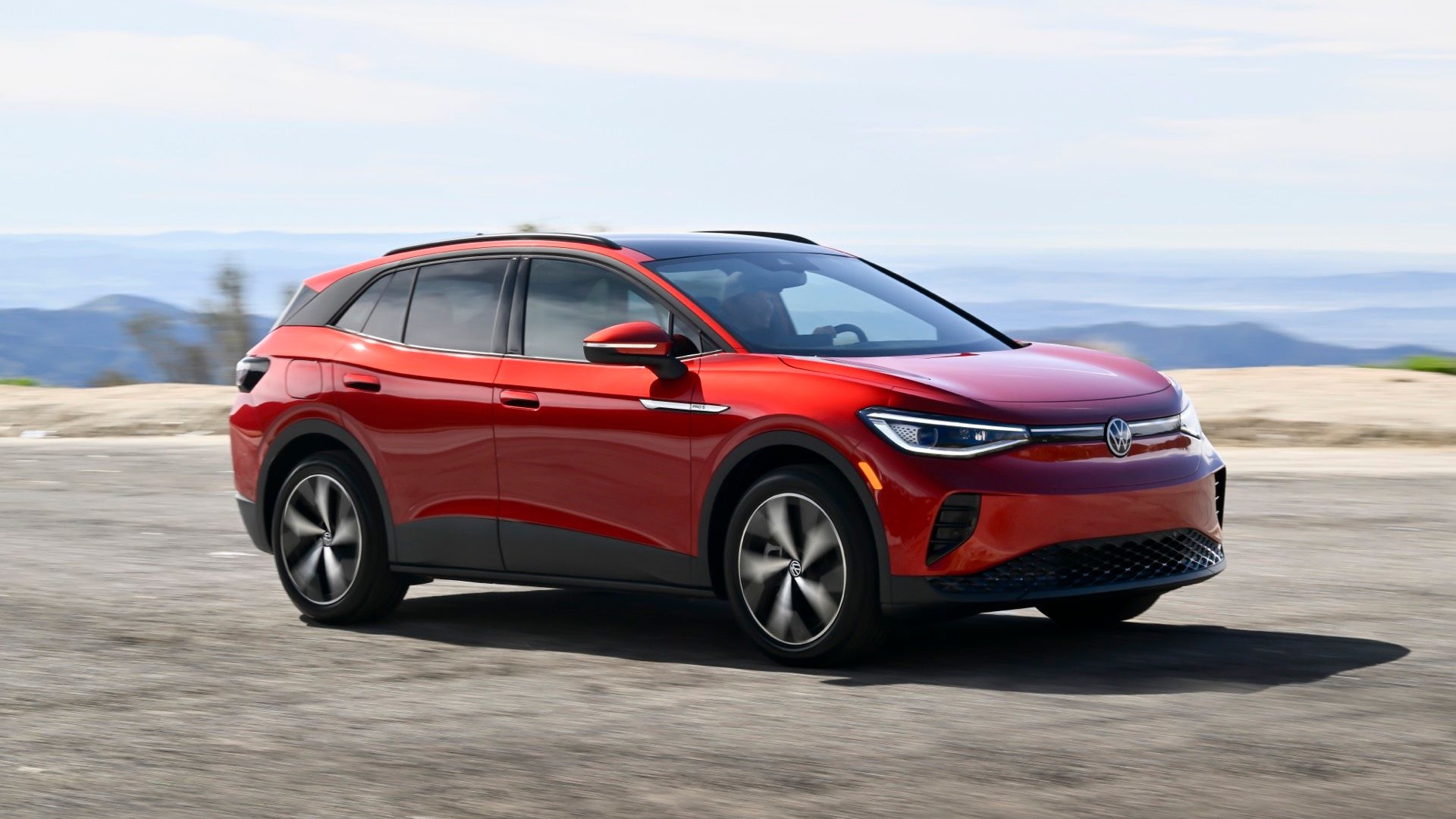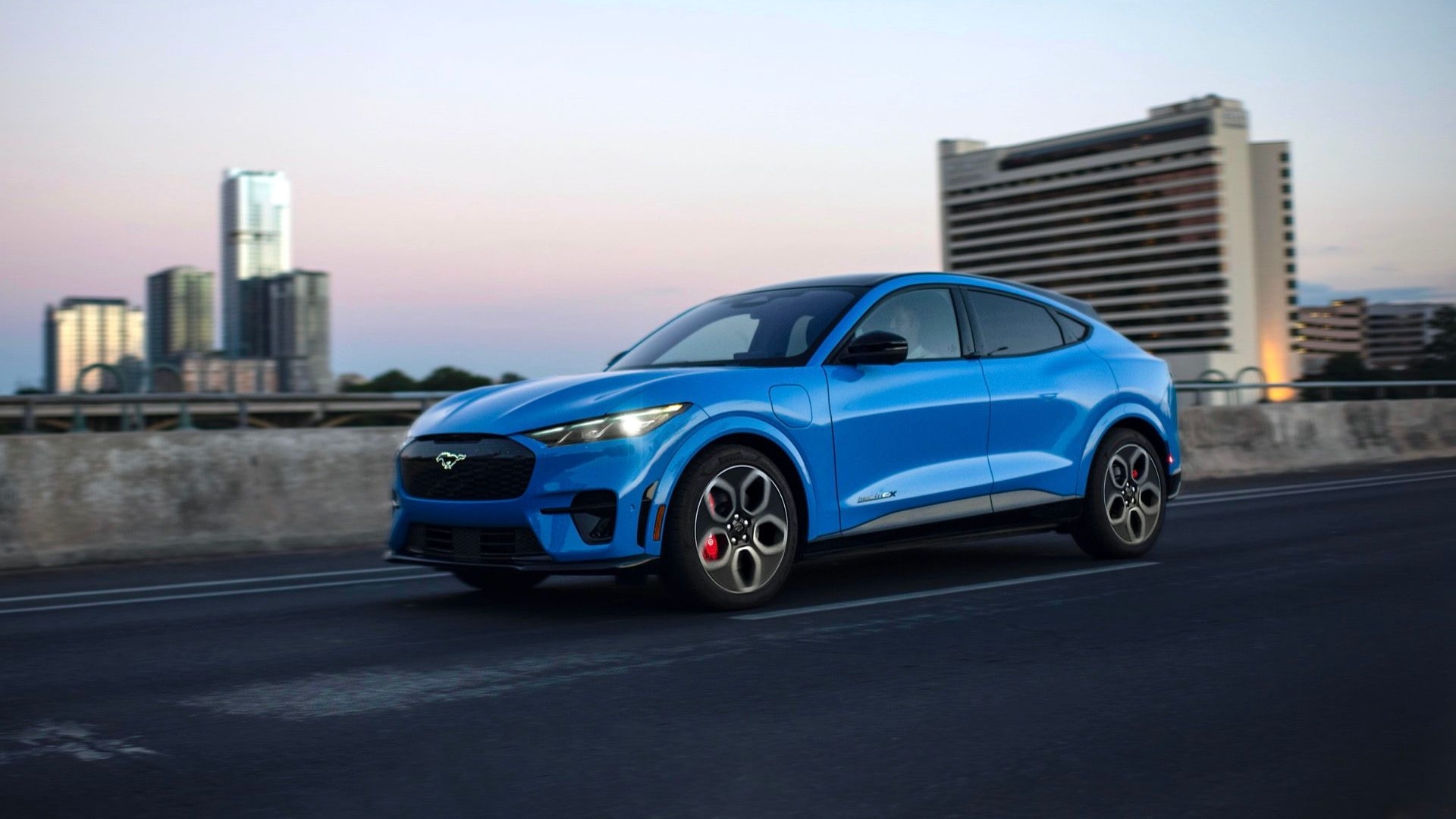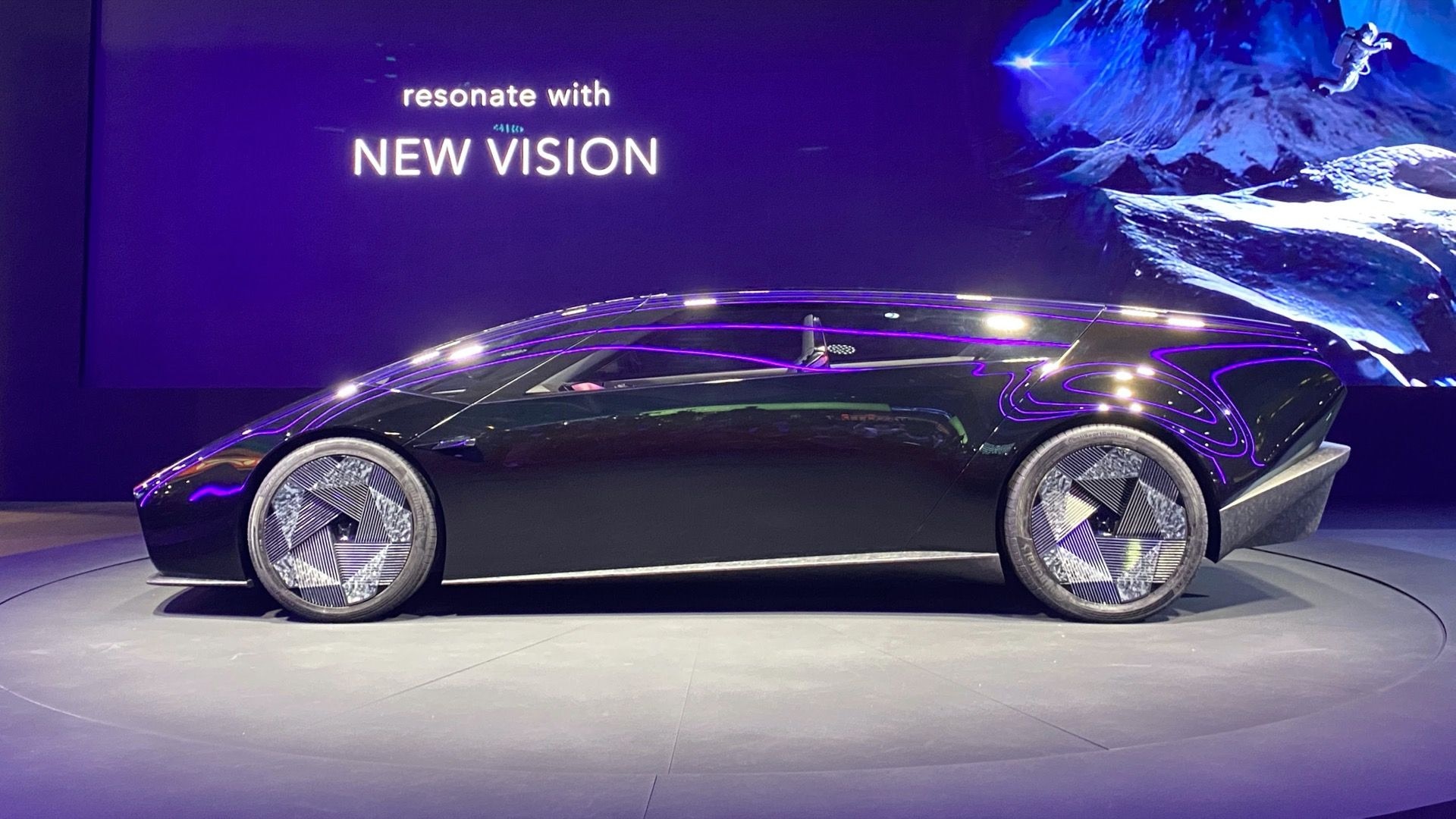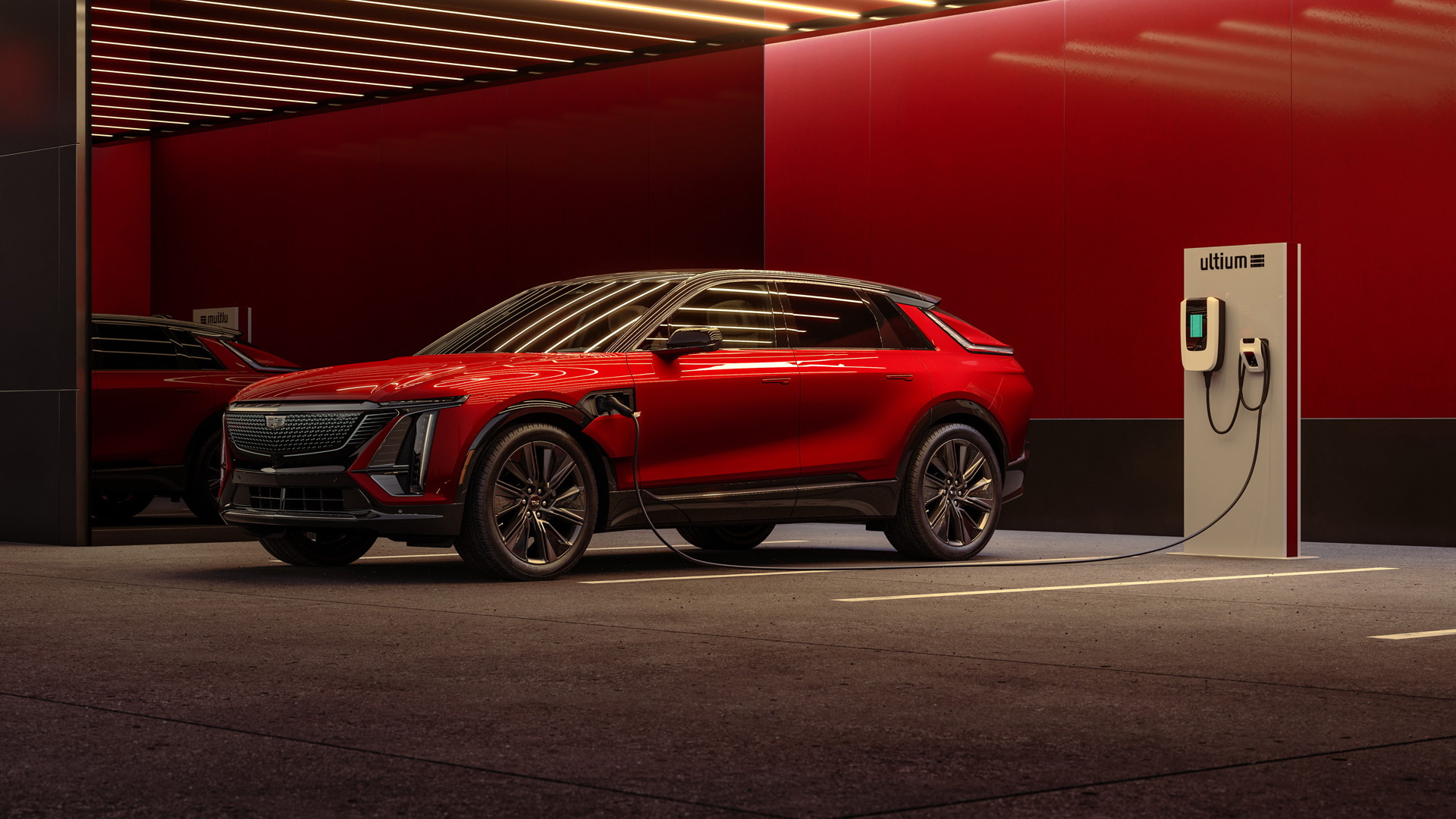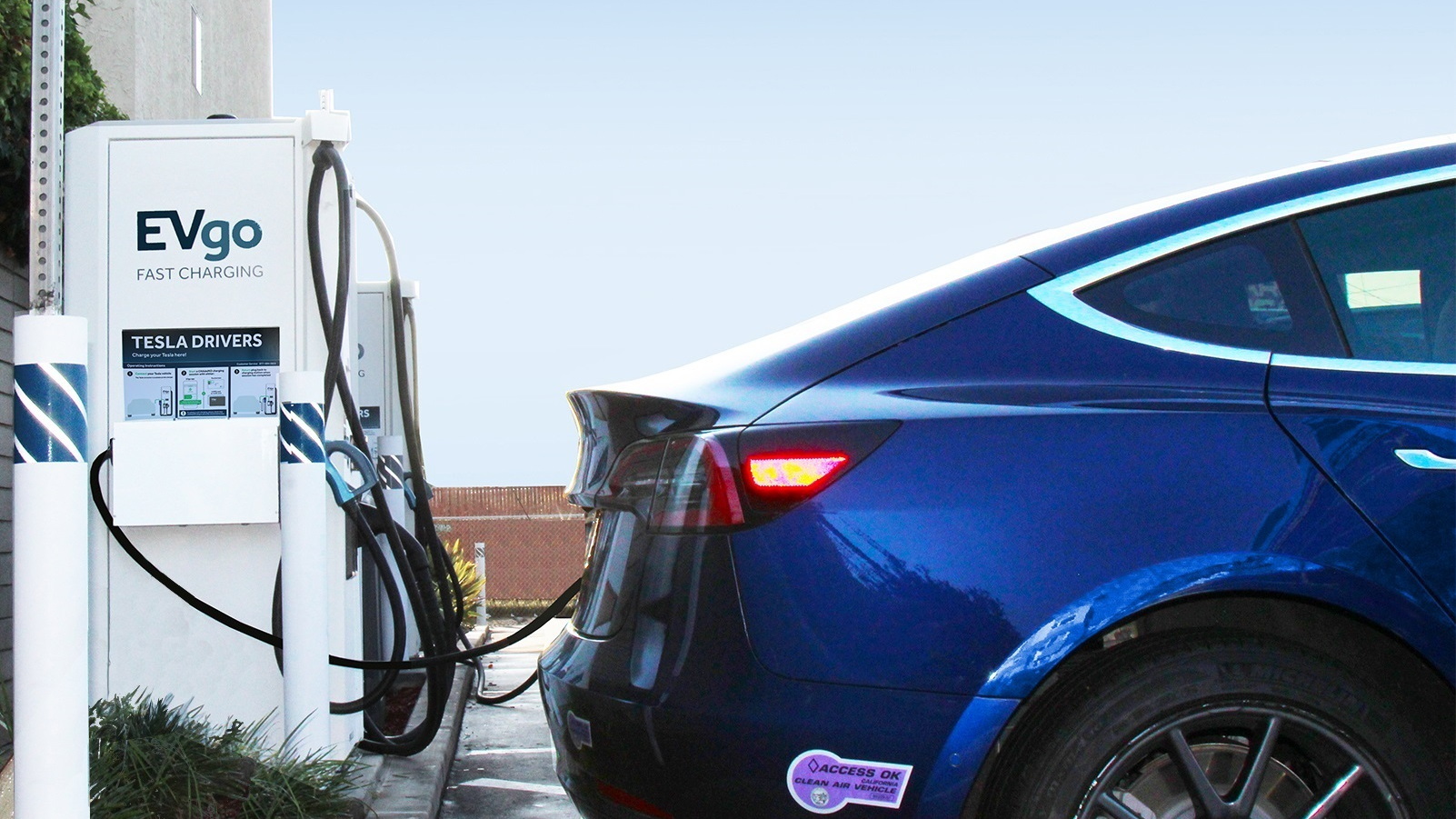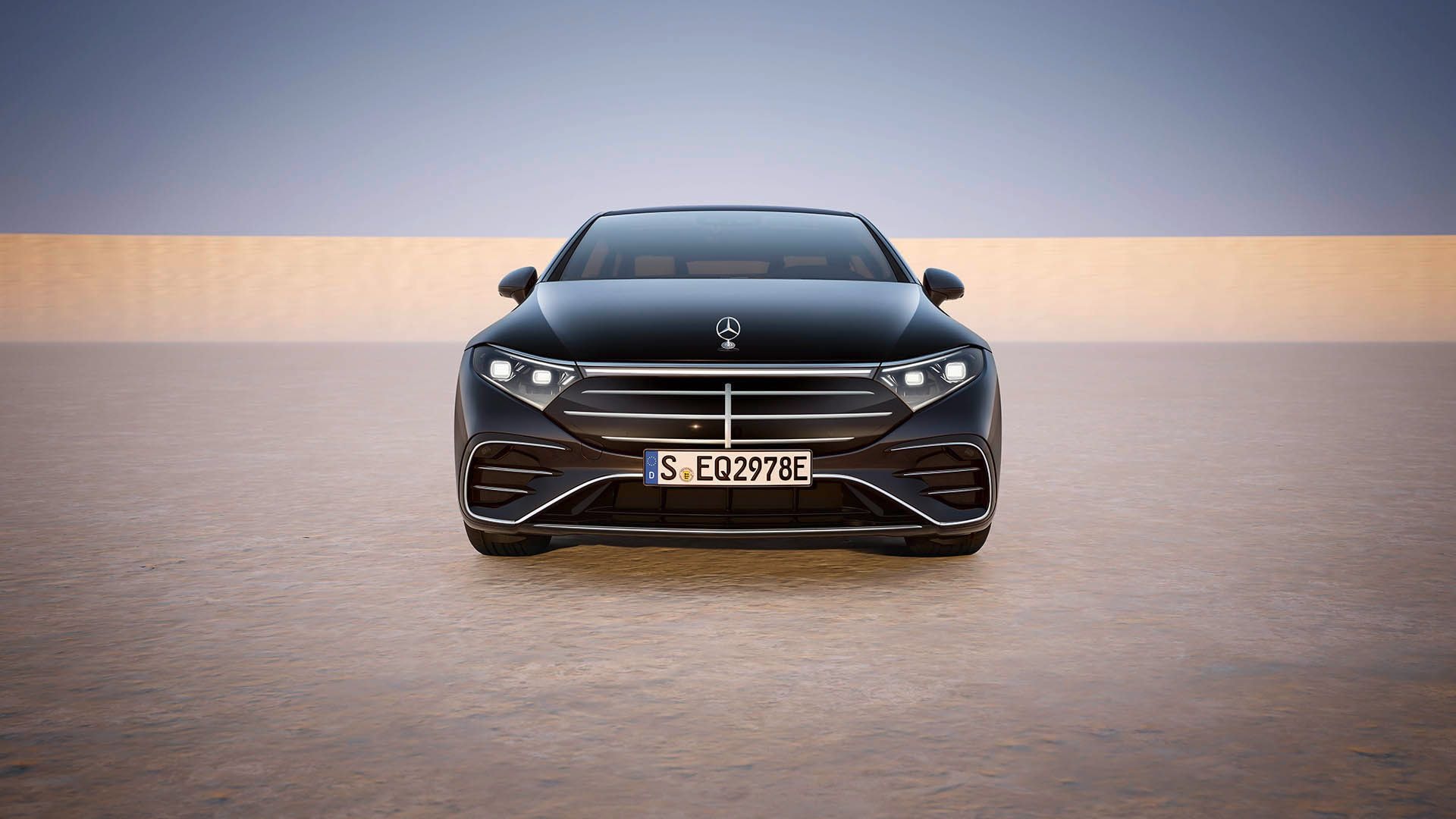Buyers of various Volkswagen TDI diesel vehicles took about $50 million in Federal income-tax credits in 2009 for the purchase of their supposedly green car.
With Michael Horn, CEO of VW Group of America, testifying to Congress today, those credits--and whether the Federal government should be reimbursed for them, and by whom--are likely to receive greater public attention.
They are just one of many awkward aspects of the still-unfolding Volkswagen diesel-emission cheating scandal. And there will likely be more.
DON'T MISS: VW Diesel Emissions Recall: What You Need To Know In 10 Questions
As noted by The Detroit News, the Finance Committee of the U.S. Senate panel said on Tuesday it would open an investigation into VW's use of the credits, which expired at the end of 2009.
Committee chair Senator Orrin Hatch [R-UT] and his cross-aisle counterpart, Senator Ron Wyden [D-OR], have imposed a deadline of October 30 for Volkswagen to respond to questions that include:
- Has “Volkswagen make false or misleading assertions in any of the materials submitted to, or communications made to, the U.S. government regarding eligibility of Volkswagen vehicles for the lean-burn technology motor vehicle credit”?
- “Which Volkswagen employees were primarily responsible for preparing and submitting these certifications?"
- "Which Volkswagen employees were the primary points of contact for communication with the Internal Revenue Service regarding the advanced lean-burn technology motor vehicle credit?”

2014 Volkswagen Passat TDI
But as it turns out, Volkswagen had pushed aggressively from 2009 to 2011 for its so-called "clean diesel" vehicles to receive the same tax credits as those granted to plug-in electric cars.
Under new Corporate Average Fuel Economy rules that took effect starting in the 2012 model year, plug-in cars with battery packs of 4 to 16 kilowatt-hours are eligible for Federal income-tax credits of $2,500 to $7,500.
Former EPA official Marge Oge told The New York Times that the company's German executives were "extraordinarily arrogant" during talks with the agency, and dismissed electric cars as "a waste of time."
Volkswagen suggested that its "clean diesels" weren't just equivalent to hybrids and electric cars, Oge said, but in fact better.
ALSO SEE: Why Did Volkswagen Cheat On Diesel Emissions In Its TDI Cars?
"They simply did not believe in electric powertrains," she told the Times.
That experience can be verified by this journalist, who was told by a top VW powertrain executive in 2009 or 2010 that if U.S. buyers were smarter, they would ignore hybrids like the Toyota Prius and instead buy diesel vehicles.
Electric vehicles? Impractical, ridiculous, a technology that was decades in the future, he said.
The final CAFE rules were issued jointly in 2009 by the National Highway Traffic Safety Administration (which is responsible for fuel economy) and the Environmental Protection Agency (which is responsible for vehicle emissions).

U.S. Environmental Protection Agency adminstrator Lisa Jackson and President Barack Obama
The rules for 2012 through 2017 provided the tax credits for plug-in vehicles, but took away previous credits for hybrid-electric vehicles, deeming that technology now sufficiently mature to stand on its own without further government incentives.
Diesel engines, which had been around for roughly a century, also received no credits. And VW was "very upset" that its diesel vehicles would not qualify for further incentives, Oge said.
The company was so upset, in fact, that it refused to take part in a July 2011 announcement with President Barack Obama and the heads of the NHTSA and EPA to announce a second set of fuel economy and emission standards.
At that event, final standards for 2018 through 2025 were announced, targeting average fuel efficiency in 2025 of 54.5 mpg under CAFE tests (or about 40 mpg on new-car window stickers).
The makers of nine out of every 10 new vehicles bought by U.S. drivers were at the event.
Volkswagen was not.
_________________________________________________







